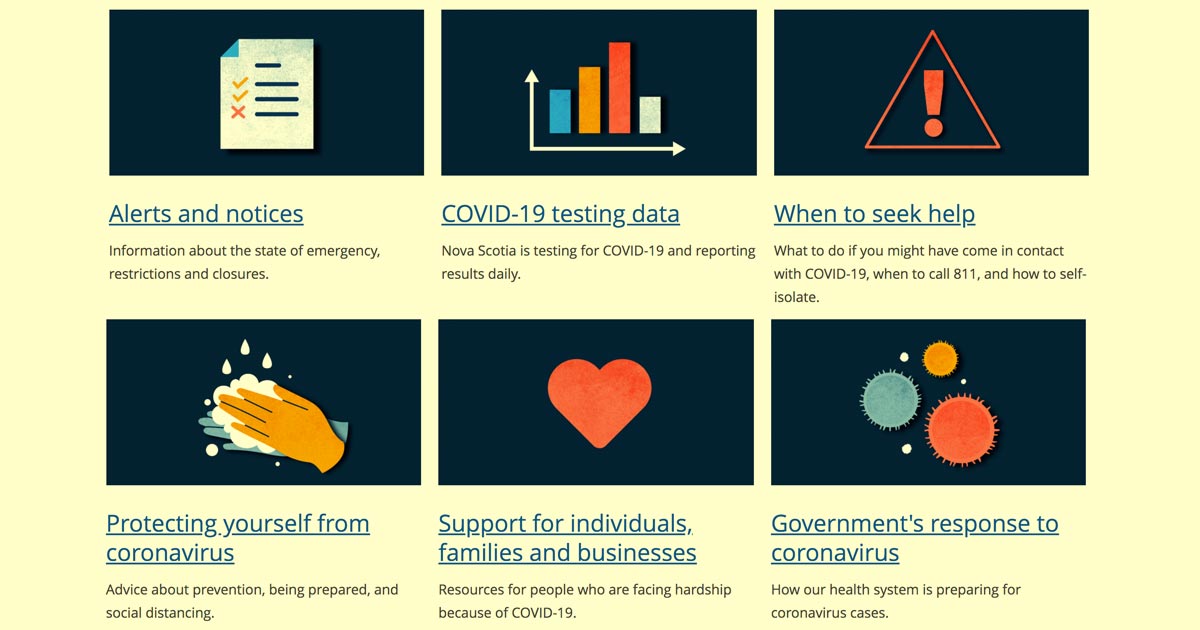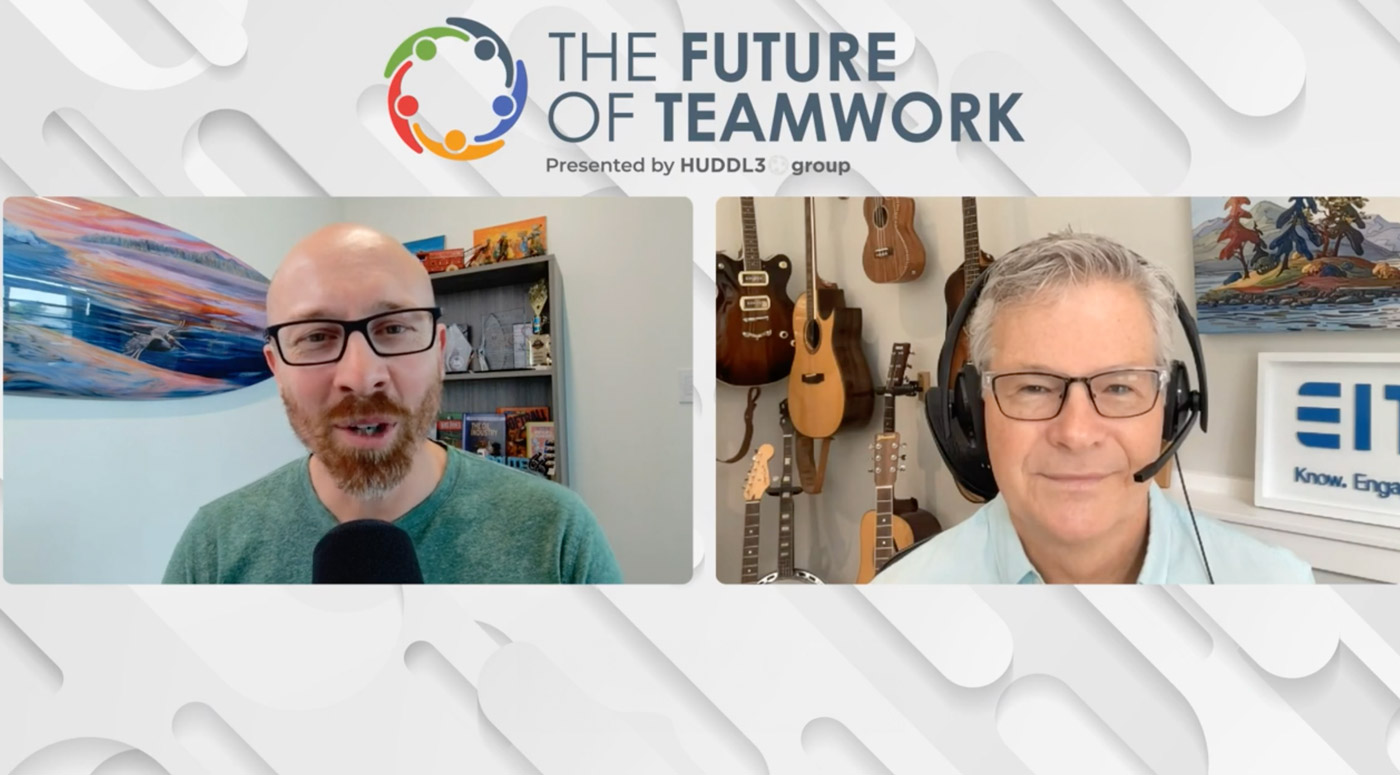Yale professor Dr Laurie Santos takes us through the latest scientific research on happiness: The Happiness Lab

Dr. Laurie Santos is one of the founders of the Gi Joe Fallacy, and also the professor at Yale with the most popular class. Now she has a fabulous new podcast, The Happiness Lab, and Season One is underway.
You can listen to Santos talk about the effectiveness of self-report in measuring happiness, the way our happiness is both shaped by our genetic inheritance and changeable, and so much more.
Santos’s course is offered for free on Coursera: https://www.coursera.org/learn/the-science-of-well-being
References from this episode
I’m a huge fan of any podcast that links to the references!
McCooey, S. (2019). Yale admits 5.91 percent of applicants. Yale Daily News, 3/28/19
Shimer, D. (2018). Yale’s Most Popular Class Ever: Happiness. New York Times. 1/26/2018.
https://www.adultdevelopmentstudy.org/
Diener, E., & Seligman, M. E. (2002). Very happy people. Psychological science, 13(1), 81-84
Schwartz, B. (2004, January). The paradox of choice: Why more is less. New York: Ecco.
Oettingen, G. (2015). Rethinking positive thinking: Inside the new science of motivation. Current;






